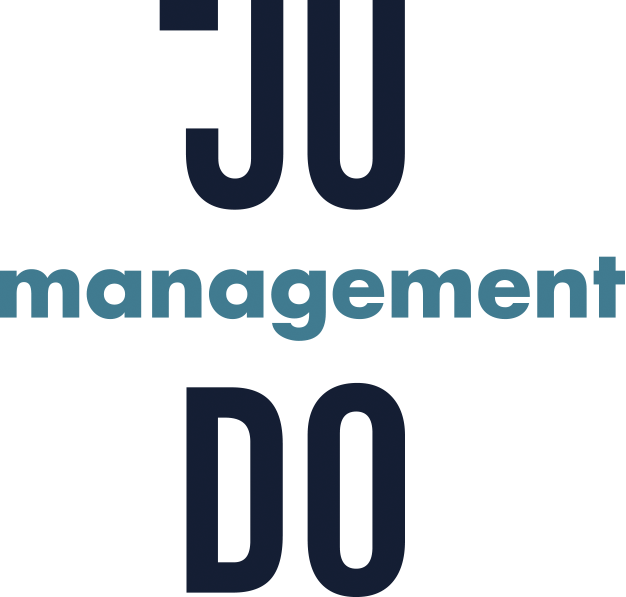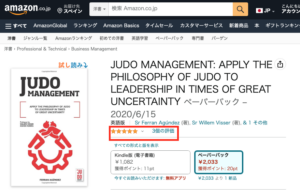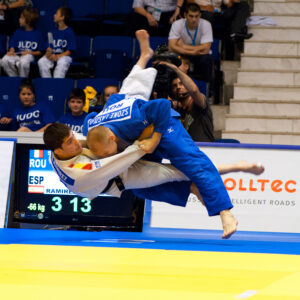Judo coaching is to learn, to study, to teach, to listen, to observe, to analyze, to think, to stimulate, to inspire and to work very hard.
30 relevant tips
- Very important aspects of coaching are ambition, efforts, obstacles, result and the period after gaining results.
- In the beginning many people don’t know their ambitions and competences.
- Without ambition it is difficult to provide efforts and to overcome obstacles.
- An example, a model of identification can increase the ambition.
- To be driven can be a good feature.
- Having patience is matters; patience is having trust in time.
- Develop a personal morality, therefor caring for values and standards (balance in between instinctive man, moral man and the dream);
- One has to make choices, accept consequences and be tough especially for oneself.
- Don’t think about the consequences once one has made a decision to do something.
- The internal and external have to be balanced with one other.
- To reach the final goal one must address step by step on the targets in between.
- If one wants to achieve a goal, then there is no place for laxity and compromises, and one must keep to the rules;
- One should take responsibility and act responsible.
- One has to work hard to deliver a peak performance.
- Obstacles can be of physical nature, but the most difficult obstacles are of mental nature.
- Irritation and boredom are the biggest enemies of concentration.
- Nature announces often to impending doom.
- After a nadir nature also provides a period of recovery. Patience! The lost, the setback can be used as manure to fertilize the soil;
- Obsession blinds and therefore one loses sight on the final goal. Also one can be obsessed by the upcoming profit and also then one is hampered on the road to result;
- Having too much confidence one aims often too high and one will crash;
- At all costs” costs too much;
- A medal one never win alone;
- The supreme is rarely reached twice;
- To everyone: there is a new way , a way to result;
- Bias loss is glare;
- After result sometimes: “ I have done it all by myself”…
- Coaching is: listen first, then think and finally do;
- Coaching is: keen observation and analysis;
- Coaching is: accuracy, giving attention; meeting up to appointments and taking initiative
- Coaching is: to learn, to study, to teach, to listen, to observe, to analyze, to think, to stimulate, to inspire and to work very hard.
Willem Visser, Executive coach, Strategic Adviser, International Lecturer 8th Dan Judo IJF
With gratitude to all my teachers, specialists, colleagues and especially all the judoka that I was allowed to guide and to coach.
Sources and inspiring professionals:
Van der Horst, Cobben, Abe, Saitoh, Yamashita, Uemura, Sugawara, Murata, Hosokawa, Komata, Takahashi, Nakamura, Kasuga, Kawashima, Kariya, Brousse, Besson, Rougé, Ruska, Geesink, de Cree, Barta, Vachun, Viser, Lascau, McConnell, Snijders, Sins, Hoogendijk, Boersma, Odinot, van Dijk, Klok and many others.


